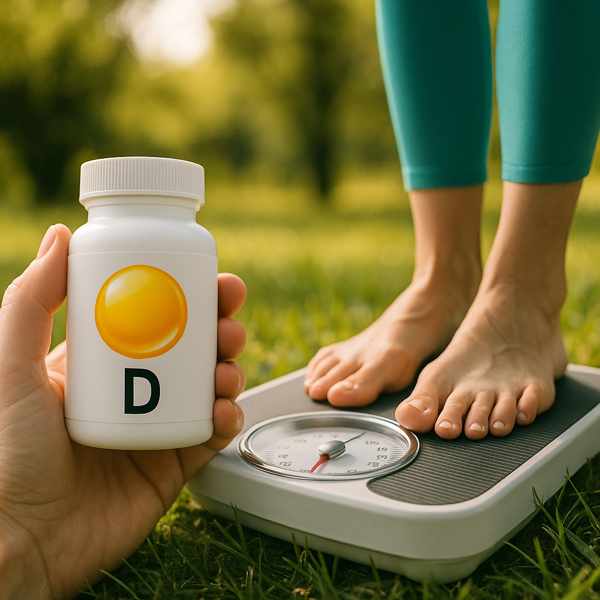The Truth About Vitamin D and Weight Loss
The Truth About Vitamin D and Weight Loss
Blog Article

Vitamin D has gained a lot of attention not only for its role in bone health and immunity but also for its potential connection to weight management.
Let’s explore the science, potential benefits, and how vitamin D may — or may not — affect your weight loss journey.
What Is Vitamin D?
Vitamin D is a fat-soluble vitamin that the body produces when the skin is exposed to sunlight.
It helps with:
- Important for strong bones and teeth
- Immune system regulation
- Mood balance and brain health
- Contributes to physical performance
Is There a Connection Between Vitamin D and Weight?
Several studies have found links between low vitamin D levels and higher body weight.
Some research suggests:
- It could help regulate how the body stores fat
- Chronic inflammation is tied to weight gain
- Improved mood and energy may boost activity levels
- Can help manage blood sugar and appetite
Studies That Support the Link
- A study in 2014 found that overweight women who took vitamin D lost more fat than those who didn’t supplement.
- Another review showed vitamin D helped improve metabolic markers related to weight control.
- Some trials show no major impact on weight loss unless deficiency was corrected first.
While promising, the evidence is not yet strong enough to say vitamin D alone causes weight loss.
Who Might Benefit Most?
People most likely to benefit from vitamin D supplementation include:
- Get your blood levels tested first
- Vitamin D may support improved hormone function
- Improved mood can lead to better lifestyle habits
- can taking vitamin d make you gain weight Anyone on a weight loss program lacking sun exposure
How to Add Vitamin D to Your Routine
Ways to get more vitamin D:
- Sun exposure
- Include vitamin D-rich options in your diet
- Most effective form for raising blood levels
Tips:
- Too much vitamin D can be harmful
- Especially if you take other medications
- Combine with calcium and magnesium
Set Realistic Expectations
It may support fat loss indirectly, but it works best when combined with healthy habits.
For best results:
- Eat a balanced diet
- Stay active
- Get good sleep
- Reduce stress
So, Does Vitamin D Help with Weight Loss?
If you’re deficient, correcting your levels could lead to better energy, mood, and metabolic function.
As always, talk to your healthcare provider before starting new supplements. Report this page